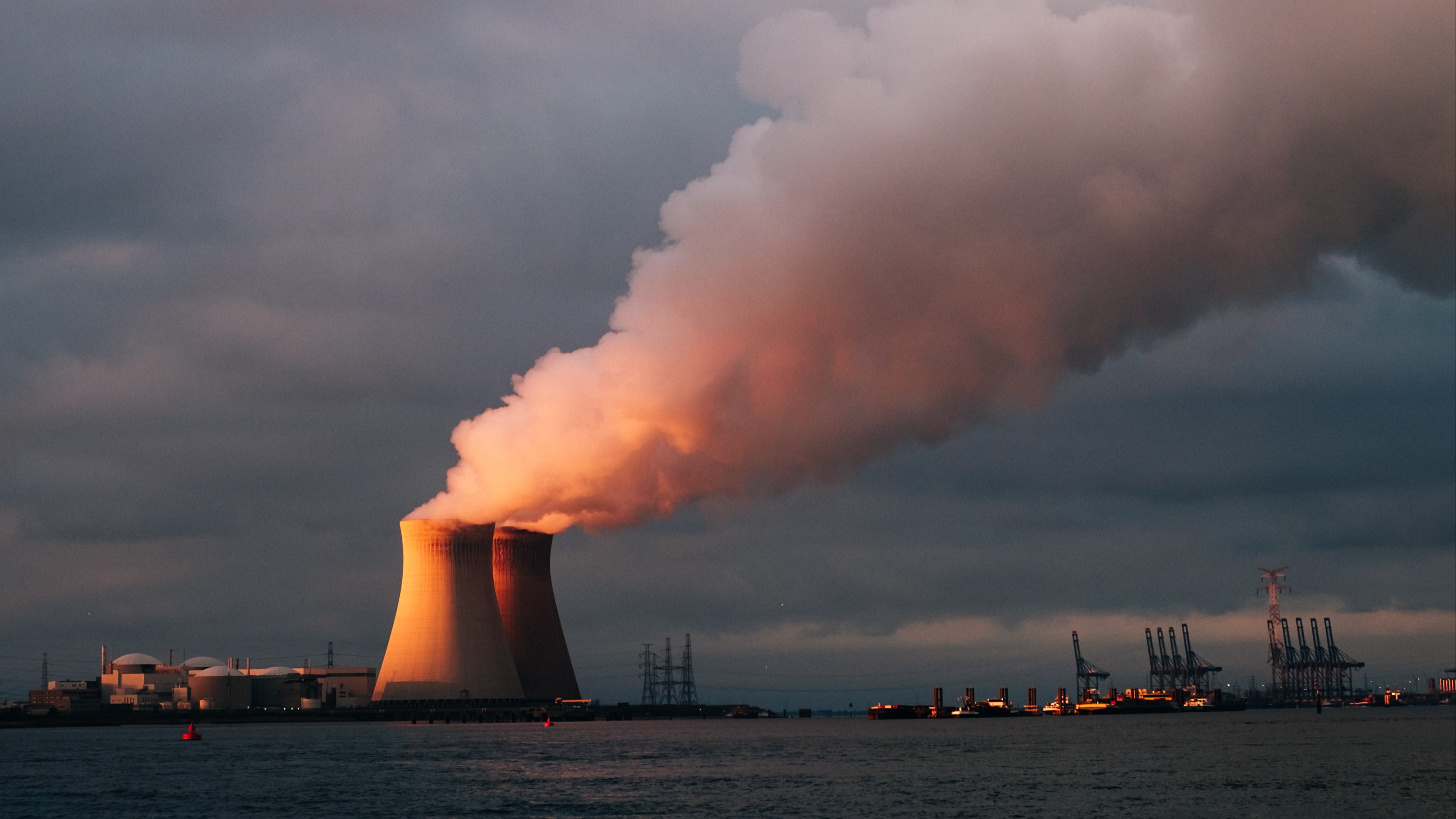G-20 Spent Around $700 Billion Backing Fossil Fuels in 2021

Countries in the 'Group of 20' (G20) intergovernmental forum continue to give substantial financial support for fossil-fuel production and consumption in 2021. This jeopardises the Paris Agreement's commitments to reduce greenhouse gas emissions. In 2021, the support given to the same reached its highest level since 2014.
The Climate Policy Factbook, which came out on November 1, 2022, says that these countries gave about $700 billion to the coal, oil, gas, and fossil-fuel industries in 2021.
This significant sum fueled investments in emission-intensive equipment and infrastructures. The report said that it messed up the prices of fuel and led to the wasteful use and production of fossil fuels.
Estimates show that spending on fossil fuel support went up by 16%. This rise was not just due to the economy getting better and people using more energy. The factbook said that the rise in support for fossil fuel companies and utilities was what started it.
The factbook looked at how far each G-20 country had come in three policy areas: getting rid of fossil fuels, pricing carbon, and disclosure of climate risks.
It happens less than a week before the United Nations Framework Convention on Climate Change's 27th Conference of Parties (COP27). From November 6 to 18, the conference will be held in Sharm el-Sheikh.
“Governments continue to subsidise fossil fuels, undermining the pledges they’ve made, harming public health, and shrinking our chances of avoiding the worst impacts of climate change,” said Michael R Bloomberg, UN Secretary-General’s Special Envoy on Climate Ambition.
Bloomberg said, "We need to speed up the move away from coal and other fossil fuels and toward clean energy."
Coal's share of G-20 fossil fuel support is dwindling. It fell from 4.1 per cent in 2016 to 2.9 per cent in 2021. However, in 2021, the countries continued to invest $20 billion in coal.
This is surprising given how much coal has been talked about in campaigns to reduce greenhouse gas emissions. At recent G-20 and COP26 meetings, promises were made to do this.
“The G-20 and G-7 governments have announced a range of seemingly more ambitious commitments to phase out fossil-fuel subsidies,” said Victoria Cuming, head of global policy at BloombergNEF and lead author of the factbook.
But they always seem to include imprecise language and caveats, giving governments wiggle room to interpret these pledges as they wish, she added.
In 2020, China gave the most (26%) fossil fuel support. However, on a per capita basis, it is much lower than the other G-20 members, at $111. For example, it is behind Saudi Arabia ($1,433), Argentina ($734), and Canada ($512).
During the same period, Canada more than doubled its support for fossil fuels. In 2020, the United States provided 57% more such subsidies than in 2016.
G-20 members must implement realistic carbon pricing so that both businesses and consumers can be held accountable for their greenhouse gas emissions. Only 12 G-20 members have implemented national carbon pricing.
Climate change is posing a greater danger to financial stability than ever before, according to policymakers. Only the European Union and the United Kingdom, however, have enacted legislation or regulations requiring precise, country-wide disclosure of climate-risk information to investors.
Instead, the majority of G-20 countries have only conducted pilot programmes and issued voluntary guidelines.
Source: Down To Earth

